Toyota partners with NVIDIA to create the future of autonomous vehicles
NVIDIA's Drive Constellation and Safety Force Field platforms put road safety first
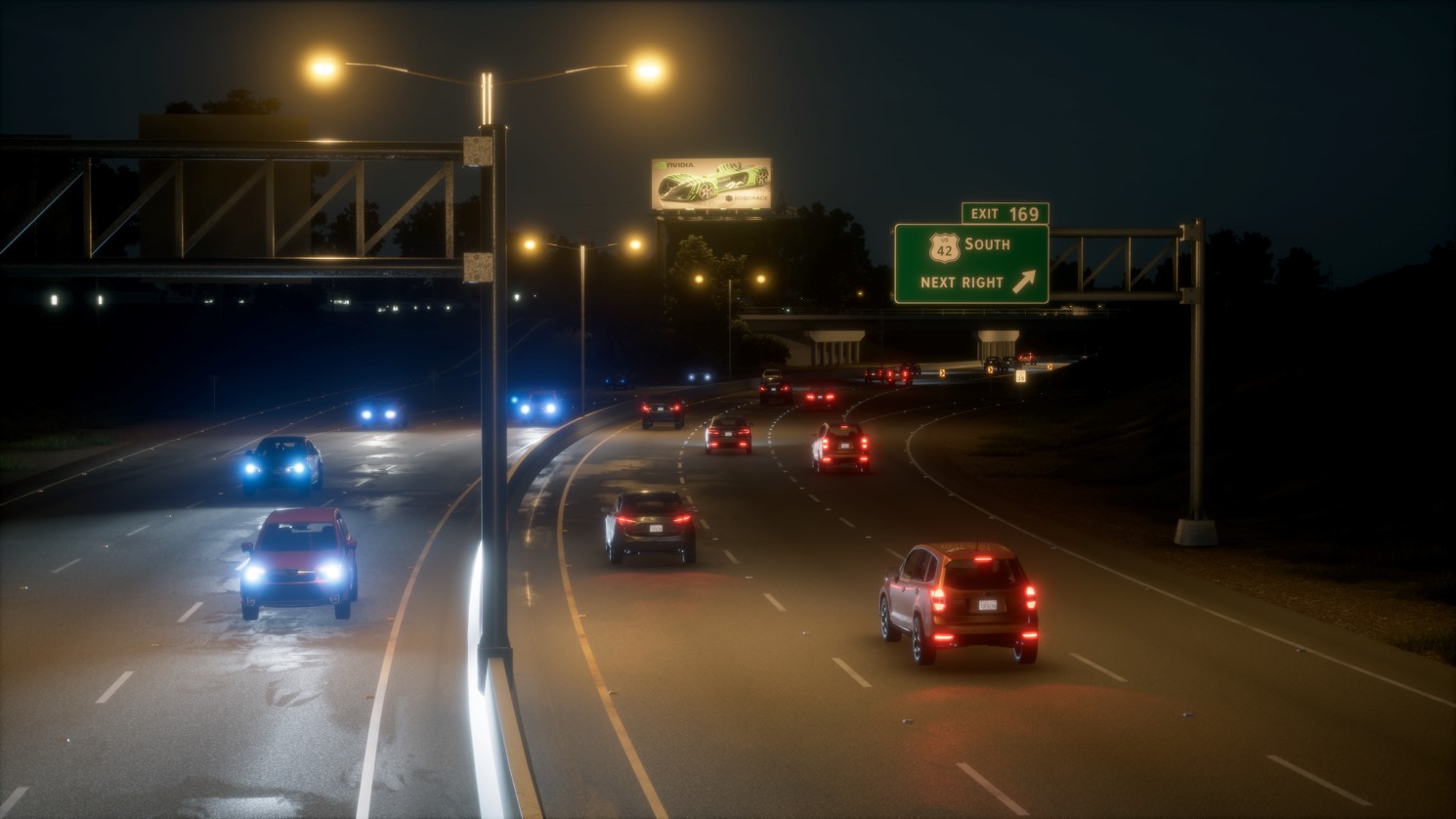
NVIDIA is extending its relationship with Toyota to bring self-driving vehicles safely to the road.
The GPU giant announced that Toyota Research Institute-Advanced Development (TRI-AD) is the first customer of its autonomous vehicle simulation platform Drive Constellation.
Originally unveiled last year, Constellation is a cloud-based platform that enables car companies to clock up million of miles on virtual roads, mapping out a range of scenarios from a routine journey to hazardous driving conditions.
Drive Constellation is comprised of two servers: Constellation Simulator, which uses NVIDIA GPUs to run software called Drive Sim and generate a virtual world to feed into the virtual car's sensors; and Constellation Vehicle, which processes the simulated sensor data thanks to the Drive AGX in-car computer.
On stage at the GTC 2019 keynote, NVIDIA CEO Jensen Huang showcased Constellation's scalability and ability to perform seamless driving tests in the cloud. Constellation will be available to developers anywhere in the world, who'll be able to submit their own scenarios to the platform's data centres then see the results for themselves. This large-scale validation capability means years of testing will be completed in a fraction of the time.
"Self-driving vehicles for everyday use and commercial applications in countless industries will soon be commonplace," Huang said. "Everything that moves will be autonomous. Producing all these vehicles at scale will require a connected collaboration for all elements of the system. Our relationship with TRI-AD and TRI is a model for that collaboration."
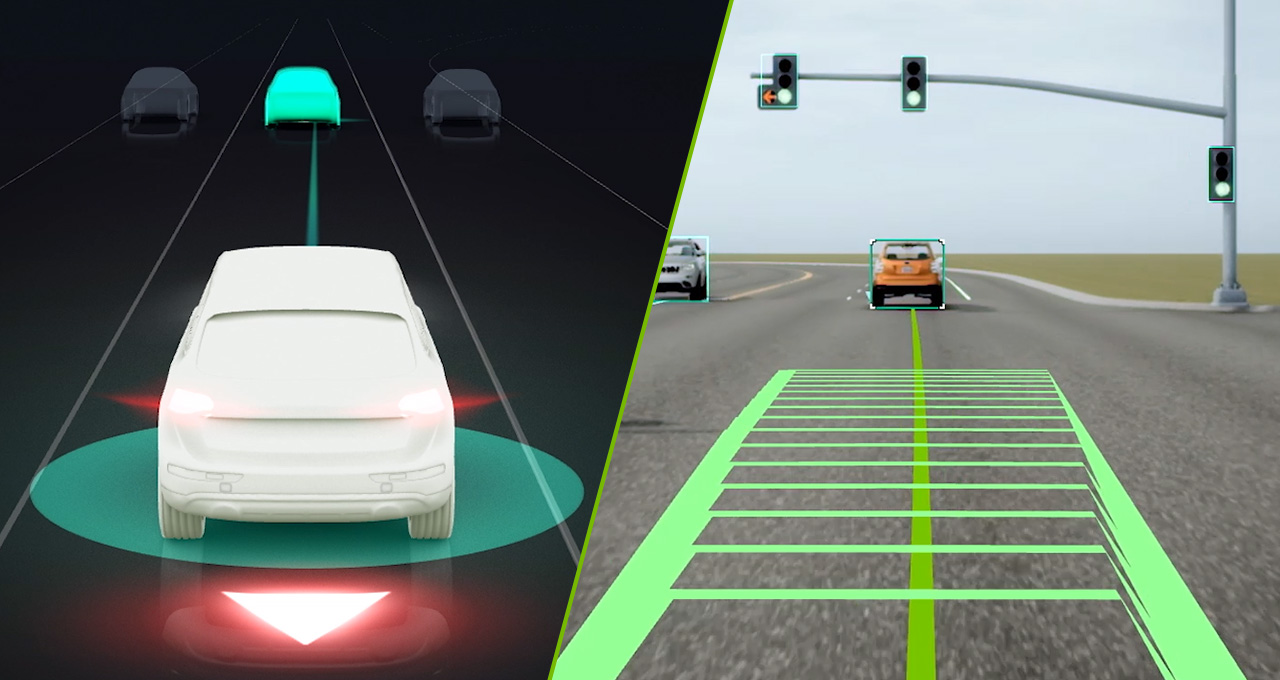
NVIDIA's platform will now be used end-to-end by Toyota for training deep neural networks, testing, validation and deployment of its self-driving cars.
Get the ITPro daily newsletter
Sign up today and you will receive a free copy of our Future Focus 2025 report - the leading guidance on AI, cybersecurity and other IT challenges as per 700+ senior executives
The infinite driving scenarios we encounter means that AI, deep learning in particular, will become key to autonomous vehicles safely navigating our roads. To that end, NVIDIA also used GTC 2019 to announce a new addition to its driving software suite Safety Force Field (SFF).
Described by Huang as a "safety cocoon", SFF takes in sensor data and determines what the self-driving vehicle needs to do in order to protect itself, its occupants and other road users. SFF uses mathematical zero-collision verifications to achieve road safety, and has been tested in simulations that would be too dangerous for the real world.
"By removing human error from the driving equation, we can prevent the vast majority of collisions and minimise the impact of those that do occur," said David Nister, NVIDIA's vice president of autonomous driving software.
"SFF is mathematically designed such that autonomous vehicles equipped with SFF will, like magnets that repel each other, keep themselves out of harm's way and not contribute to unsafe situations."
-
 Should AI PCs be part of your next hardware refresh?
Should AI PCs be part of your next hardware refresh?AI PCs are fast becoming a business staple and a surefire way to future-proof your business
By Bobby Hellard
-
 Westcon-Comstor and Vectra AI launch brace of new channel initiatives
Westcon-Comstor and Vectra AI launch brace of new channel initiativesNews Westcon-Comstor and Vectra AI have announced the launch of two new channel growth initiatives focused on the managed security service provider (MSSP) space and AWS Marketplace.
By Daniel Todd
-
 ‘This is the first event in history where a company CEO invites all of the guests to explain why he was wrong’: Jensen Huang changes his tune on quantum computing after January stock shock
‘This is the first event in history where a company CEO invites all of the guests to explain why he was wrong’: Jensen Huang changes his tune on quantum computing after January stock shockNews Nvidia CEO Jensen Huang has stepped back from his prediction that practical quantum computing applications are decades away following comments that sent stocks spiraling in January.
By Nicole Kobie
-
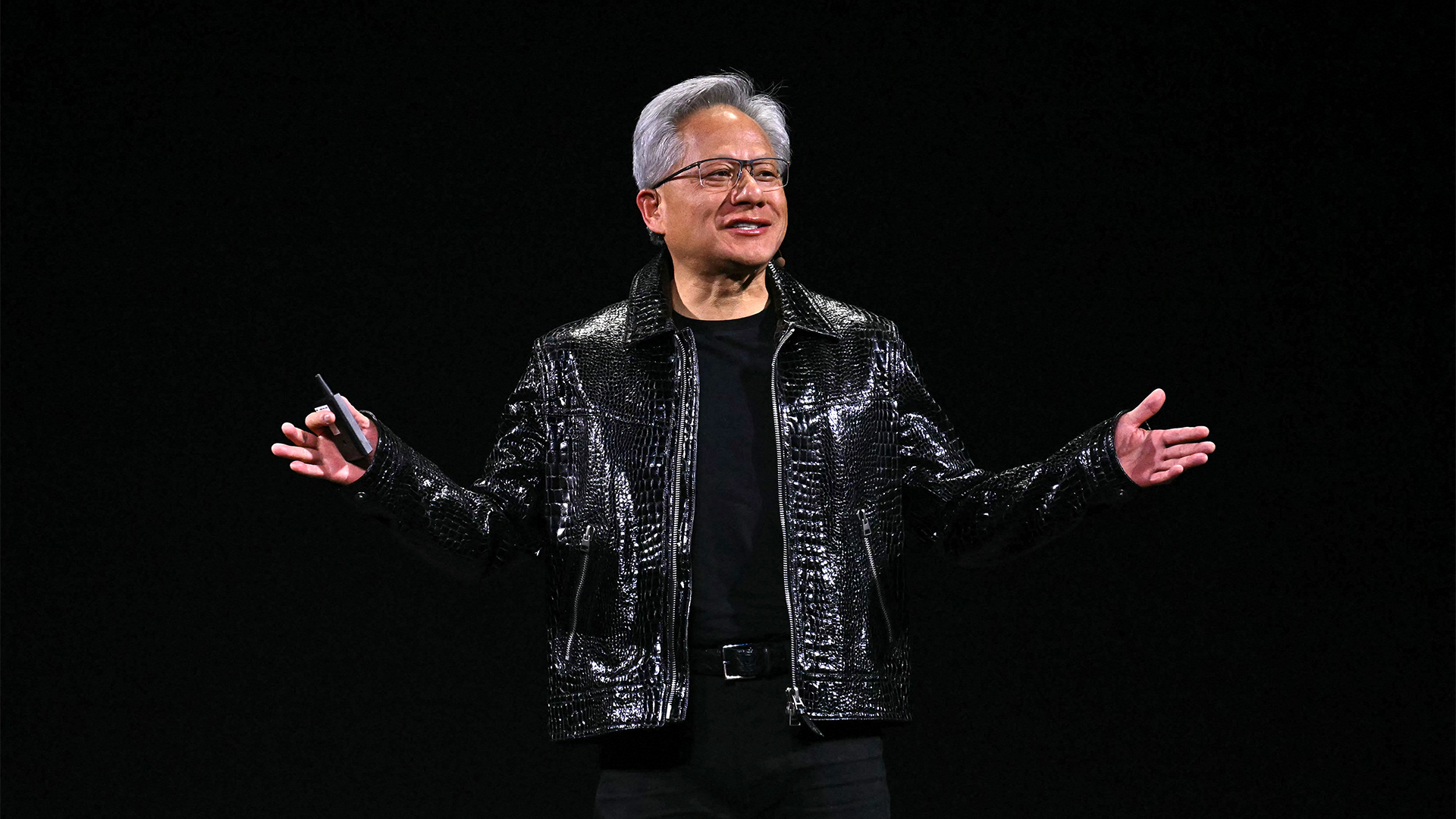 We’re optimistic that within five years we’ll see real-world applications’: Google thinks it’s on the cusp of delivering on its quantum computing dream – even if Jensen Huang isn't so sure
We’re optimistic that within five years we’ll see real-world applications’: Google thinks it’s on the cusp of delivering on its quantum computing dream – even if Jensen Huang isn't so sureNews Nvidia CEO Jensen Huang sent shares in quantum computing firms tumbling last month after making comments on the near-term viability of the technology.
By Ross Kelly
-
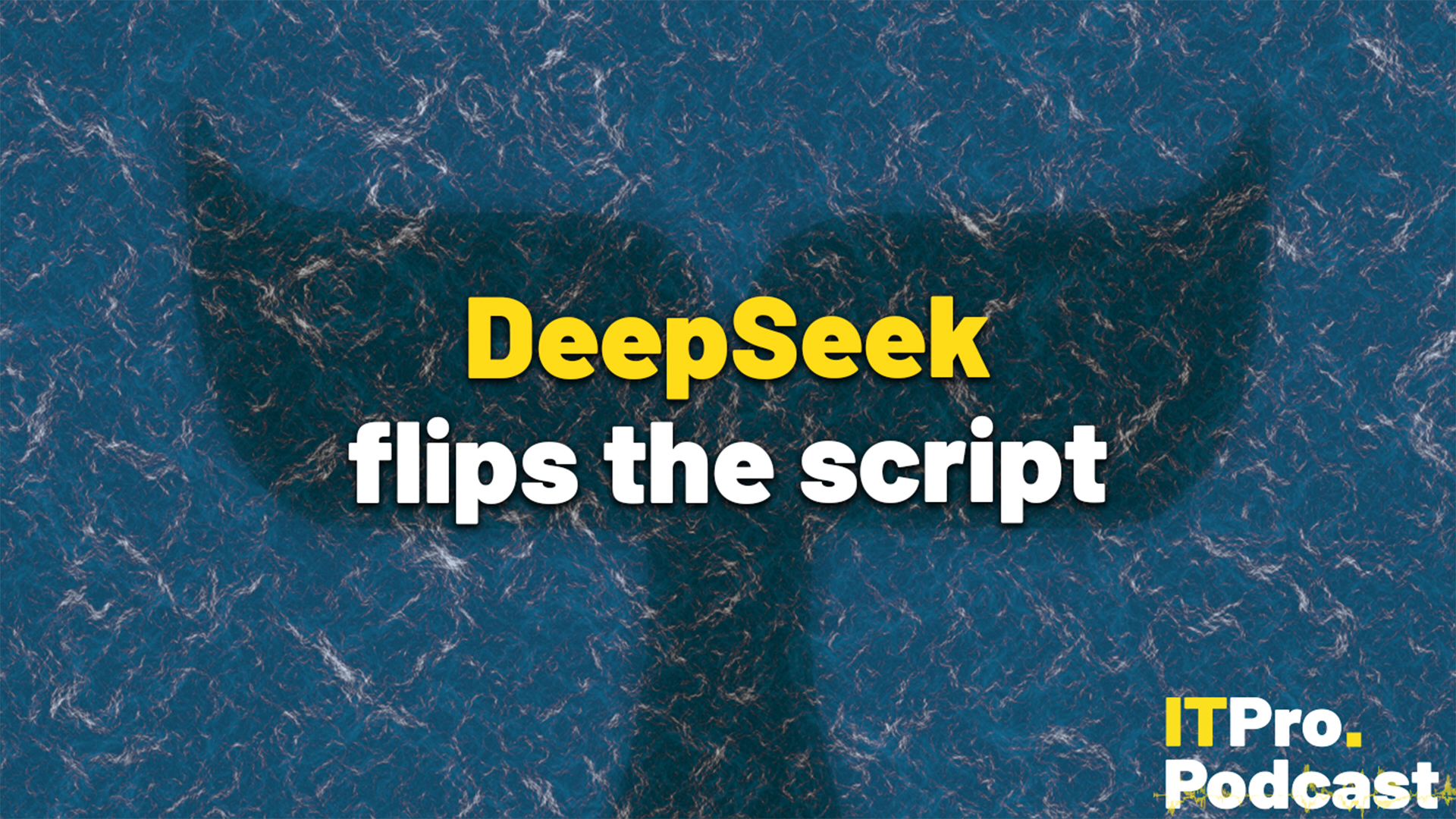 DeepSeek flips the script
DeepSeek flips the scriptITPro Podcast The Chinese startup's efficiency gains could undermine compute demands from the biggest names in tech
By Rory Bathgate
-
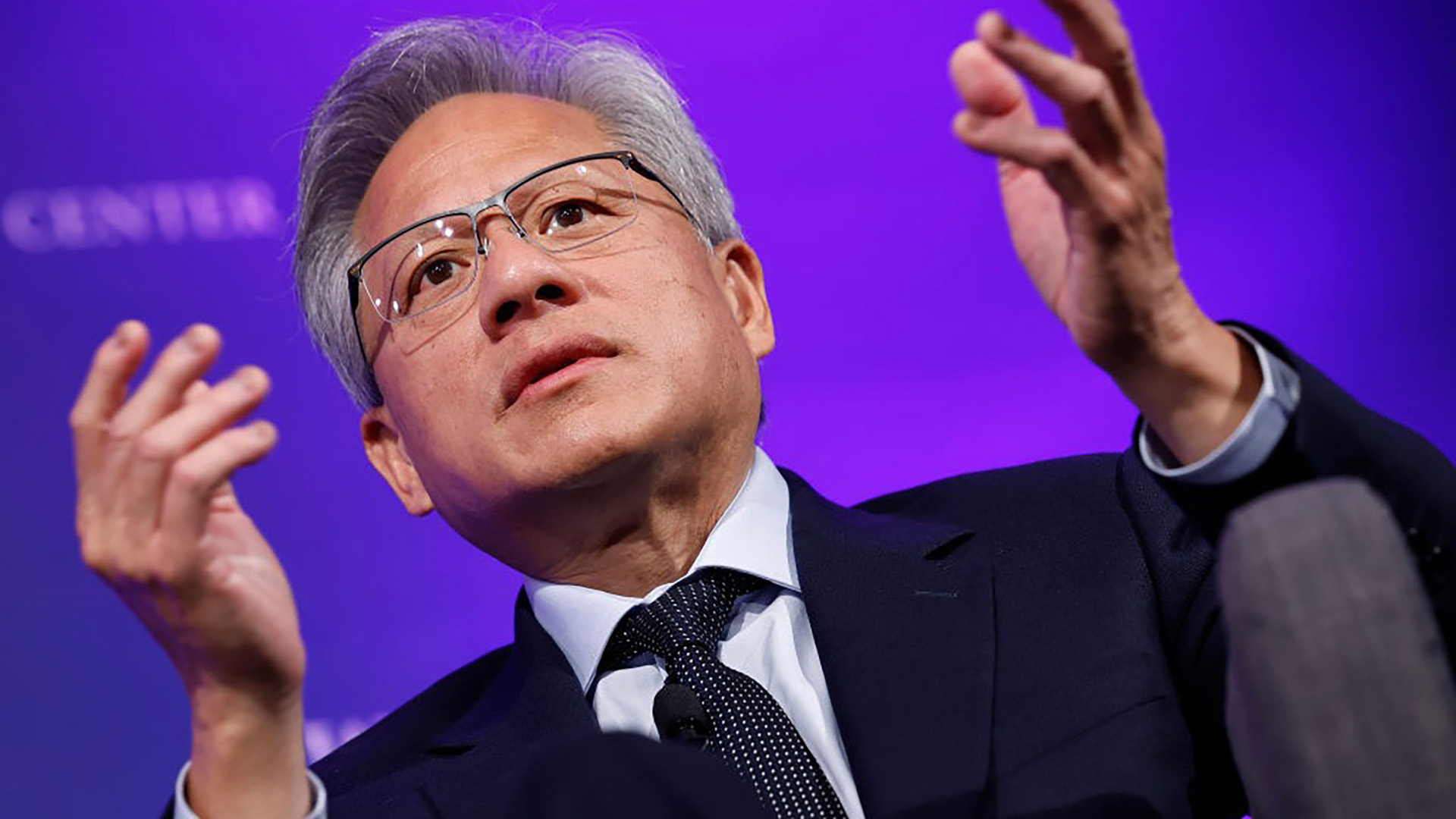 Jensen Huang doesn't think AI will come for his job — but other CEOs might disagree
Jensen Huang doesn't think AI will come for his job — but other CEOs might disagreeNews A survey last year found almost half of CEOs believe they could be replaced with AI, but Nvidia’s superstar CEO thinks otherwise
By Solomon Klappholz
-
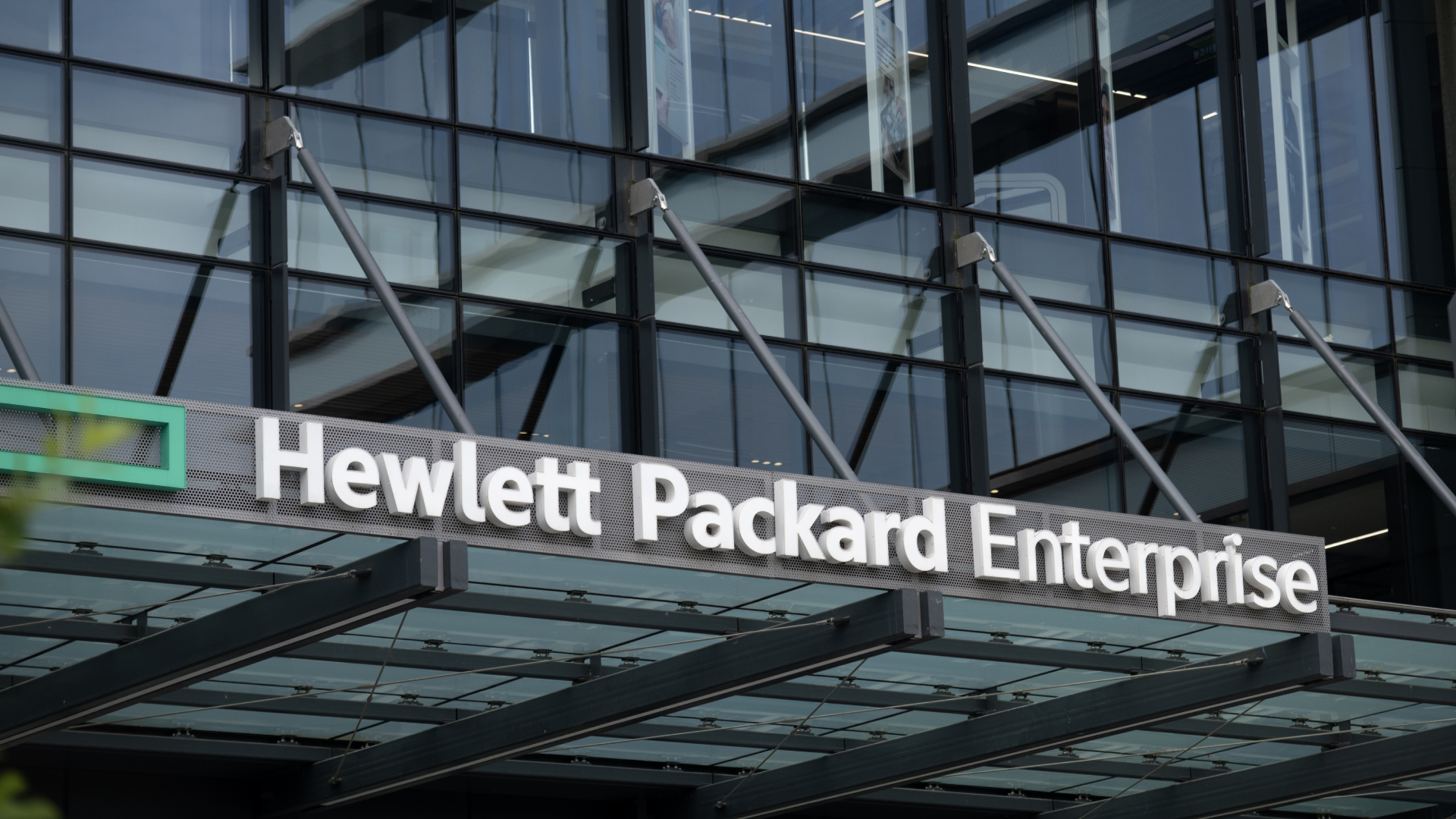 HPE’s ‘one-click AI solution’ for private cloud cuts project times from months to a ‘single moment’
HPE’s ‘one-click AI solution’ for private cloud cuts project times from months to a ‘single moment’News The new tools allow generative AI virtual assistants to be launched in seconds, using private data
By Emma Woollacott
-
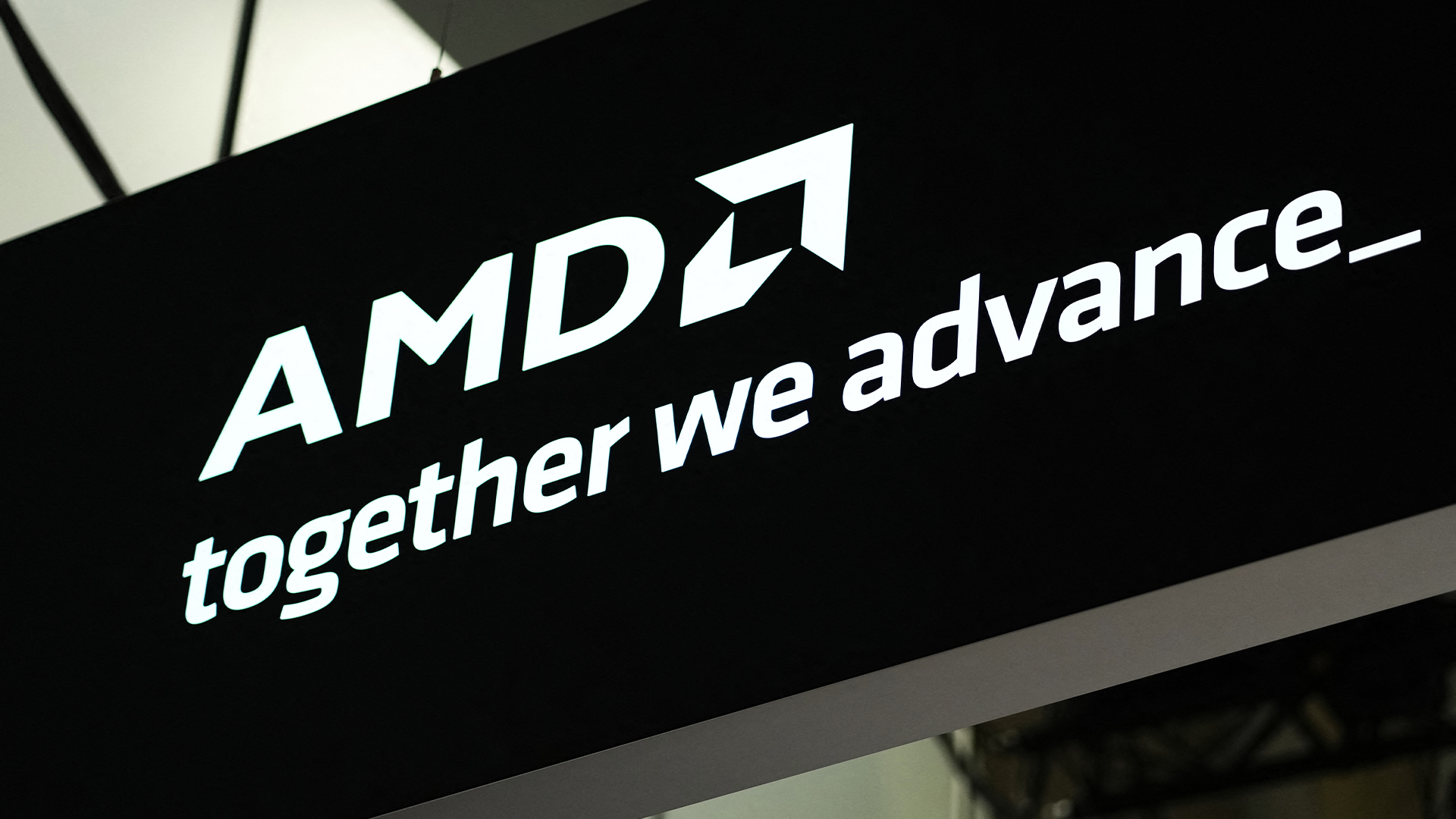 AMD’s acquisition spree continues with $665 million deal for Silo AI
AMD’s acquisition spree continues with $665 million deal for Silo AINews The deal will enable AMD to bolster its portfolio of end-to-end AI solutions and drive its ‘open standards’ approach to the technology
By Ross Kelly
-
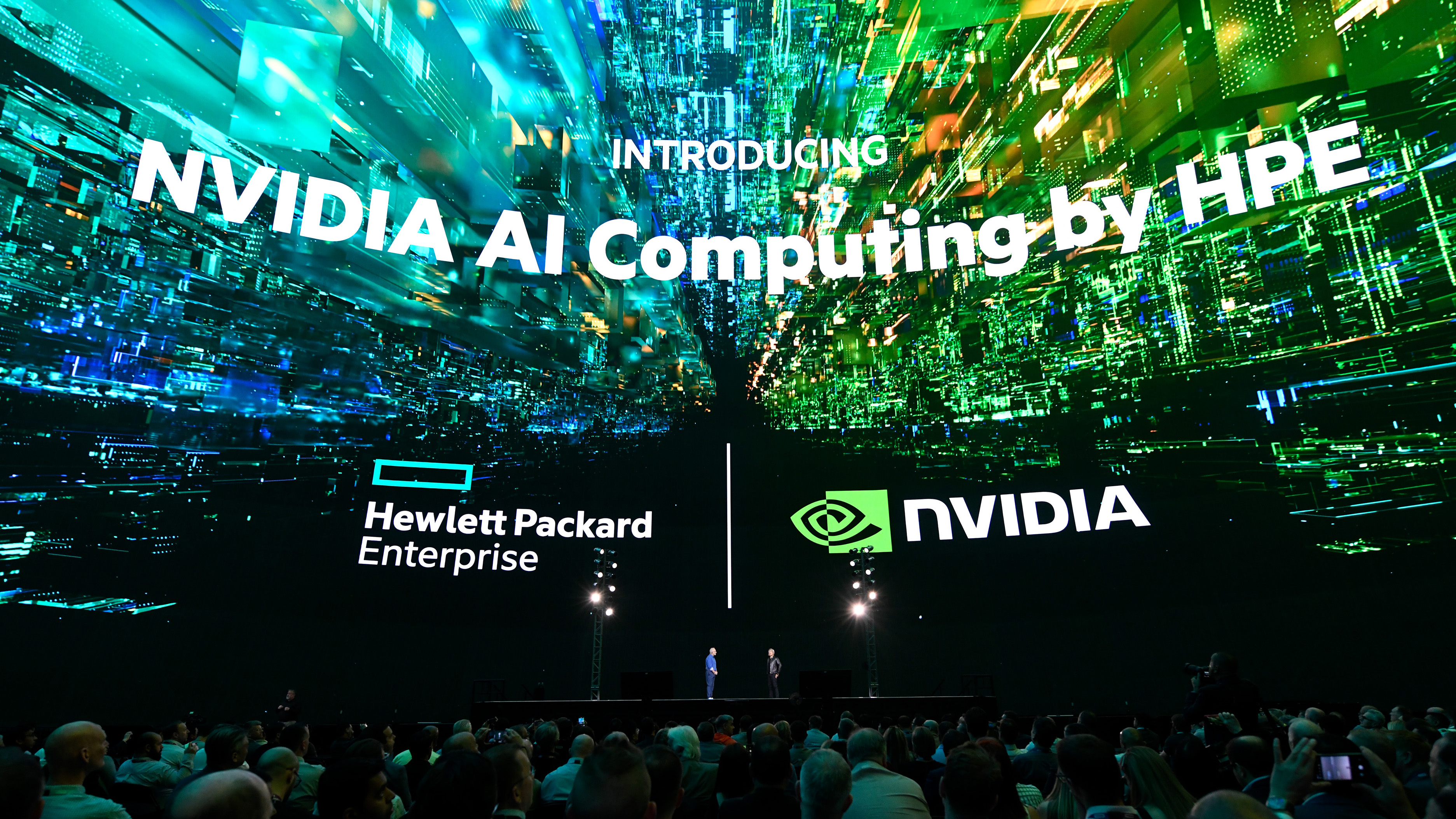 HPE’s drive for enterprise AI dominance continues with new Nvidia partnership
HPE’s drive for enterprise AI dominance continues with new Nvidia partnershipNews Nvidia AI computing by HPE brings a slew of new AI products to market
By Jane McCallion
-
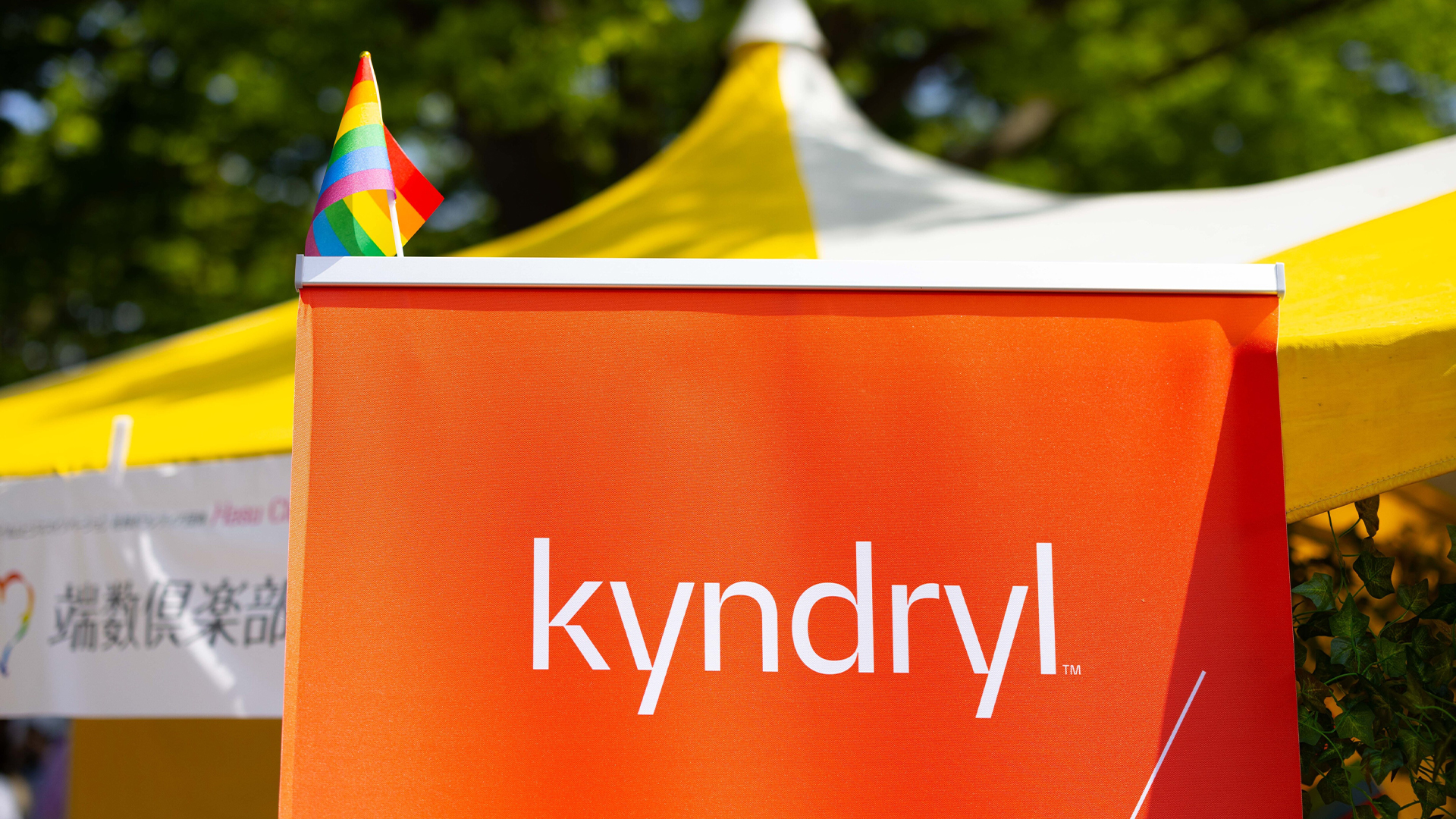 Kyndryl strikes new partnership with Nvidia to drive generative AI adoption
Kyndryl strikes new partnership with Nvidia to drive generative AI adoptionNews The integration between Kyndryl Bridge and Nvidia AI aims to tackle customers’ biggest integration pain points
By Daniel Todd